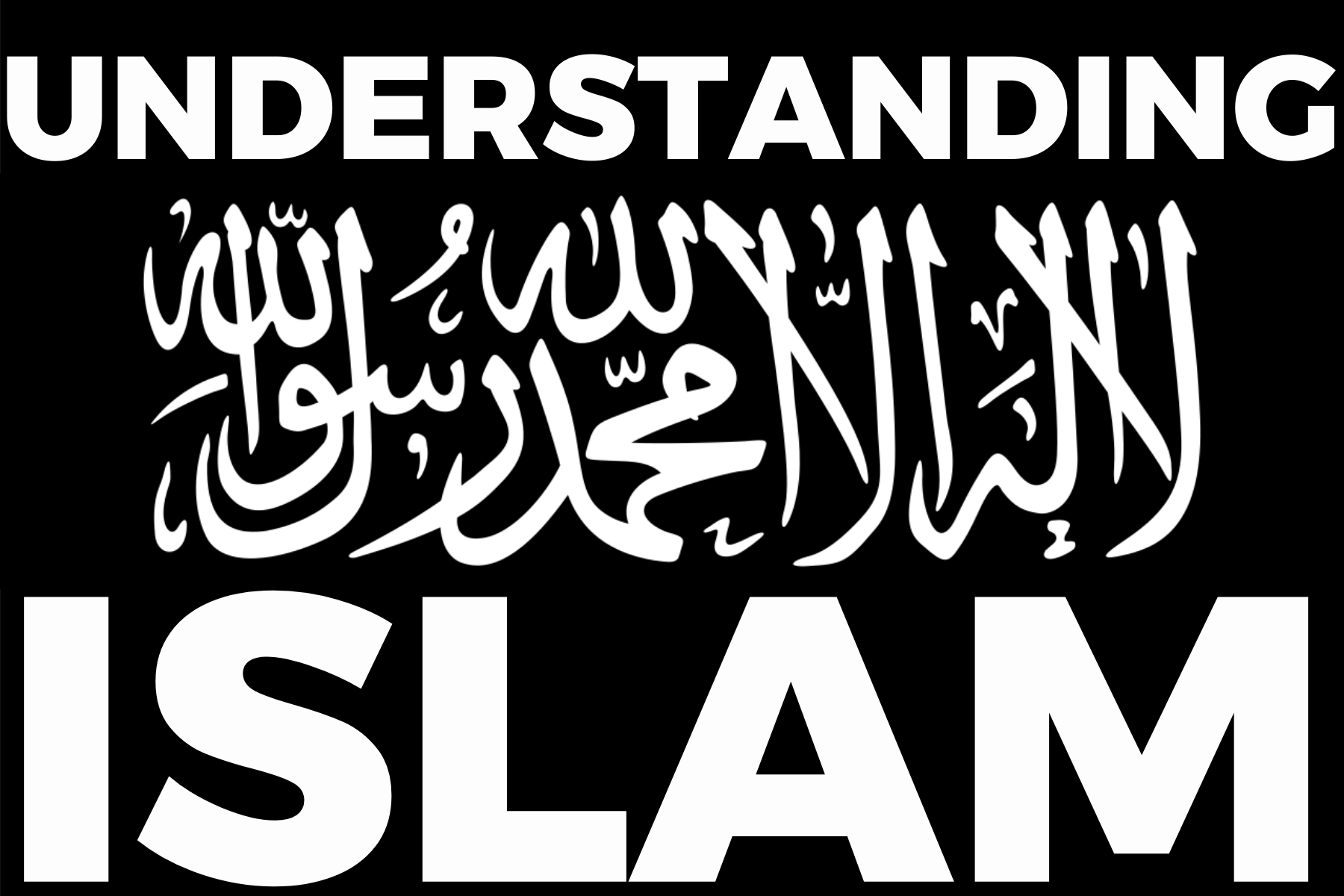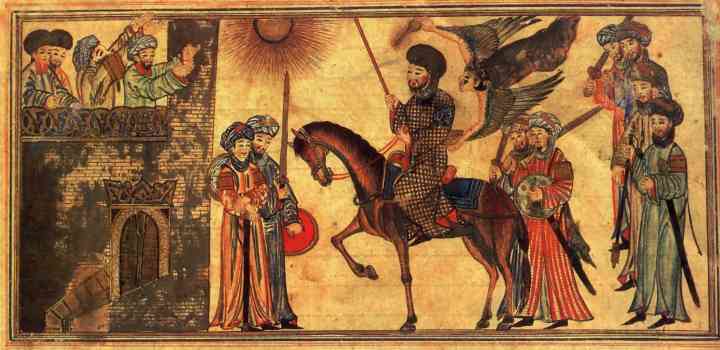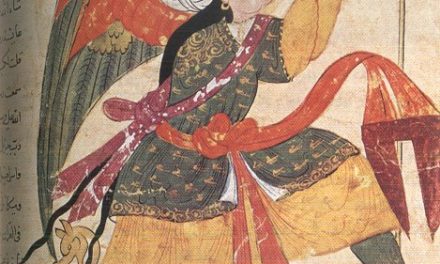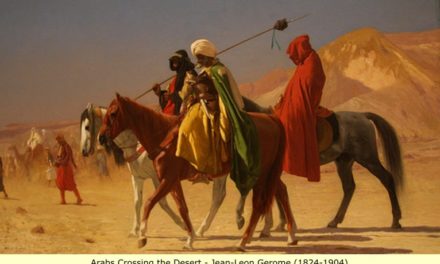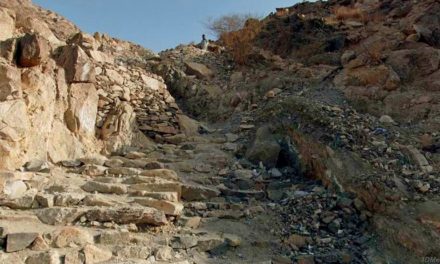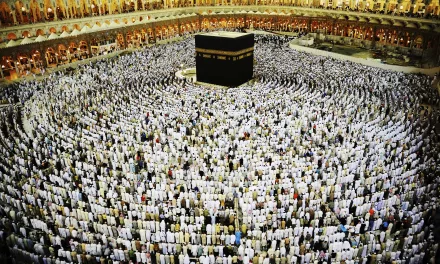In the year 2 A.H. Allah decreed that the Qibla be moved from Jerusalem to Makkah[1] which tested the obedience of the believers. This change helped sift out those Jews who had not truly embraced Islam and pointed the Muslims towards Makkah, signifying the importance of that sacred place. Furthermore the fast of Ramadan and Zakat (to help support the Emigrants) were made obligatory.
It was during this time (2 A.H.), as conflict with the Quraish of Makkah continued that, due to the continued disruption and persecution caused by the Jewish tribe of Banu Qainuqa[2], Muhammad (SAW) found it necessary to expel them from the Arabian Peninsular and confiscate their wealth, armor and weapons.
Despite (and perhaps because of) their defeat at Badr, the Quraish of Makkah forged plans for a decisive battle to crush the Muslims. It was at Uhud where the brutal, chaotic and inconclusive conflict unfolded which saw Muhammad (SAW) placed in mortal peril, the mutilation of the Muslim dead and the eventual fear-driven retreat of the Quraish[3] who, despite their numerical superiority failed to capitalize on their military advantages.
Although the Battle of Uhud damaged the Muslims’ military reputation, this was restored during 4 and 5 A.H. through a series of successful military engagements, which helped subdue the Bedouins, strike fear into the Quraish and the Jews and build peace and security on the Arabian Peninsular. This period included the necessary exiling of the Banu Nadeer and Muhammad’s (SAW) confiscation of their property due to their treaty-breaking refusal to contribute to the blood money for the treacherous killings at the Well of Ma’unah[4] and their scheming to murder Muhammad (SAW).
[1] Qur’an al-Baqarah 2:144
[2] Ibn Hisham 2/47, 48
[3] At Hamra ul-Asad
[4] Ibn Hisham 2/183-188
